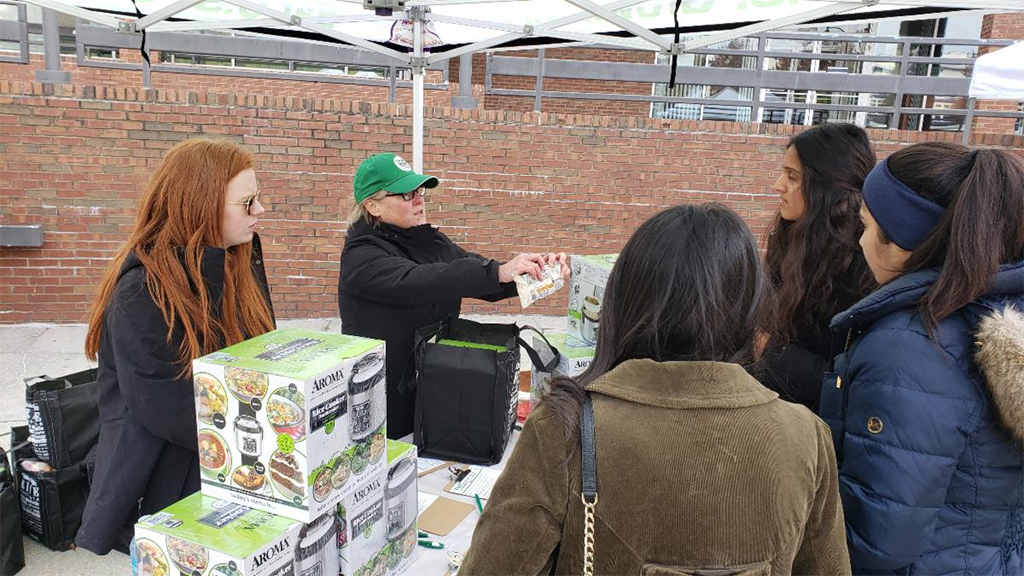U.S. rice farmers beginning harvest on largest crop in years
On the news that market manipulator and largest exporter of rice in the world, India, has slapped an export ban on all non-basmati rice, people in the U.S. began panic buying of rice. They can rest assured – there’s enough U.S. rice to go around.
This is not toilet paper in the Spring of 2020. This is rice, and U.S. rice farmers in seven states grow rice sustainably on three million acres with more than enough supply to fill rice cookers and pots in every corner of the country.
“This year, rice acreage in the U.S. is up in six of the seven rice producing states,” said Kirk Satterfield, Mississippi rice farmer and chair of USA Rice. “We export half our crop, but even still the vast majority of the rice we eat here is grown here on family farms. If we need more rice for U.S. consumers, we have plenty to meet demand. There’s no shortage.”
Satterfield said U.S. farmers grow all the rice types India is throttling, and even basmati as well.
“We continue to have the safest, most sustainable food supply in the world,’’ he said from his farm in Bolivar County, Mississippi where harvest will begin in just a few weeks. “Consumers can buy long-, medium-, or short grain, basmati, jasmine, whatever they want and it’s from right here in the U.S. where we have fair and responsible labor and environmental practices.”
The Indian export ban is seen as a cynical ploy to strengthen their domestic market after years of massive over-subsidization that has led to tens of millions of metric tons of rice in government-held stocks.
“This is another example of India playing games with global food security,” said Bobby Hanks, Louisiana rice miller and chair of the USA Rice International Trade Policy Committee. “Countries that depend on India for low priced rice are suffering, and in the end, India is growing their already massive stocks, which they will eventually start dumping back on the world market at dirt cheap prices, again wreaking havoc on global markets and food insecure nations.”
Hanks and Satterfield agreed that consumers can insulate themselves from these bad actors by looking for rice grown in the USA.
“Check the package,” Satterfield said. “Look for the Grown in the USA mark or another indication that you’re supporting U.S. farmers and saying no to this crass attempt at market manipulation.”
(Pictured at Top)
USA Rice Staff show consumers where the Grown in the USA label is on a package of rice at a Farmer’s Market event in 2019.







